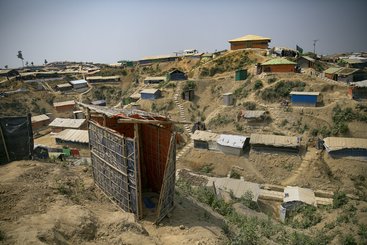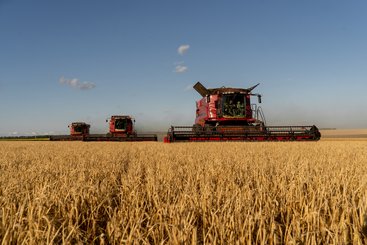This ODI Literature review explores existing research on intersectionality and experiences of violence in Kenya for people with diverse sexual orientation, gender identity, gender expression and sex characteristics.
People in Kenya with diverse sexual orientation, gender identity and expression and sex characteristics (SOGIESC), especially those who are refugees and asylum-seekers, experience multiple forms of violence. There is, however, limited data and literature on their experiences, and further work is needed to better understand and prevent gender-based violence (GBV).
Existing policies and programmes that focus on supporting refugees/migrants and people with diverse SOGIESC in Kenya are insufficient and inadequately integrated to address intersecting experiences and exclusions which drive and shape experiences of violence.
People with diverse SOGIESC share cross-cutting areas of experience which can shape understandings of intersectionality and GBV in Kenya and the region. These include experiences of stigma, violence and harmful norms, barriers to accessing services, and risks related to privacy and visibility.
Despite some common experiences, there is insufficient disaggregation within existing data and literature of the distinct realities of different population groups. Where there is a focus on some people with diverse SOGIESC, it is often incomplete. This can render certain experiences invisible and lead to inadequate policy and programming responses.
Recommendations to support people with diverse SOGIESC, including refugees/migrants, include: reforming existing laws and policies which are hostile and harmful to different sub-groups, introducing new laws and policies to address issues of intersectionality and inclusion, and improving GBV programme design and service provision taking into account the varied and context-specific realities of people of diverse SOCIESC, particularly for those in camp and urban settlement settings.




